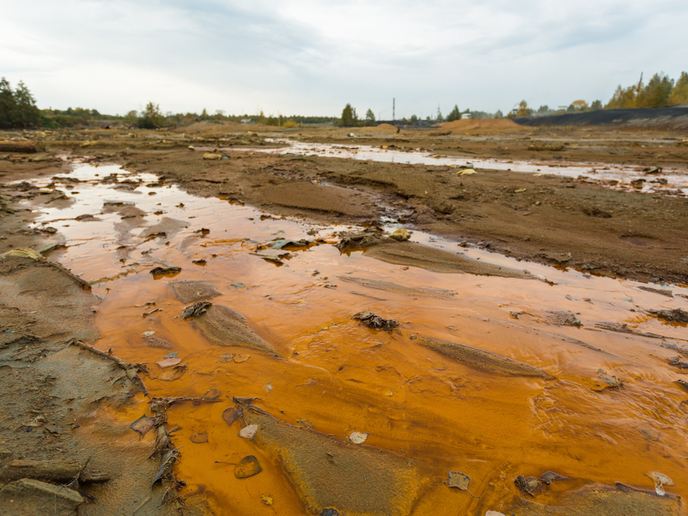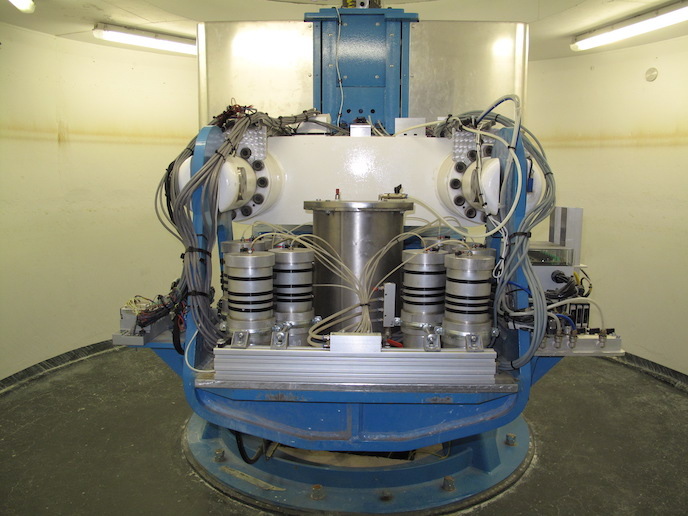Clean, fast and effective – new approach transforms contaminated soil
The EU-funded HAC project developed a new process for transforming contaminated soil into clean material by employing innovative and environmentally friendly superoxidation products based on known Fenton(opens in new window) and Haber-Weiss(opens in new window) reactions. Superoxidation refers to the oxidation of a material or compound to a greater than normal extent. This simple but effective approach is achieved with the help of commonly available chemical compounds and can be applied both in situ and ex situ to clean most of the commonly encountered pollutants (e.g. hydrocarbons, polychlorinated biphenyls (PCBs), dioxins and pesticides). “Our method is more efficient and environmentally friendly than any other existing solution on the market today,” says Uri Stoin, project coordinator and head of R&D at the Swiss environmental technologies company Alpha Cleantec AG(opens in new window). The HAC approach is much faster than any existing soil-cleaning solution. “It enables a project to be completed within days or weeks rather than over months or years – and with very low environmental disruption and a very small carbon footprint for the equipment used. Our process is the only technology that not only doesn’t generate carbon dioxide (CO2) during the process, but also decreases natural CO2 emissions and emissions caused by existing solutions currently on the market,” explains Stoin.
Certification awarded
Project partners also carried out market analysis and a technical feasibility study. This included analysis of the raw materials and procurement market, laboratory testing services, technology development, a commercialisation plan, a roadmap of pilot tests and environmental and risk reduction policies and technology efficiency approval. “During the technical study, we realised that our process can work not only for contaminated soils, but also for sludge treatment and wastewater and groundwater treatment,” Stoin adds. Market analysis provided a detailed picture of the real price of HAC material in the market and the competitiveness of its technology compared to existing solutions. In addition, researchers identified several customers for the first scaled-up pilot tests, to prove the efficiency and viability of the technology on the ground. The technology efficiency and environmental impacts were approved and certified by TUV SUD Germany. “This is a very stringent and important standard; now we want to design a mobile on-site machine which will be allowed to treat major projects within several working days, and we will look for future partners and representatives in the EU,” notes Stoin.
Multiple benefits
One of the most exciting aspects of the technology is its rapid and highly efficient conversion rates. According to Stoin: “These rates are up to 97 % for soil and water treatment for a wide range of contaminants like polycyclic aromatic hydrocarbon (PAH), benzene, toluene, ethylbenzene and xylenes (BTEX), petroleum hydrocarbons, crude oil, chlorinated hydrocarbon (CHC), aromatics, PCBs, dioxins, pharmaceutical residues, and herbicides.” HAC will benefit landowners, local authorities and people living and working close to soil remediation projects: the environmental disruption and project execution period will be minimised and environmental safety increased. “With this solution, we aim to help clean up the environment and contribute to healthy living. In addition, the implantation of this technique will generate jobs in the EU,” Stoin concludes.







